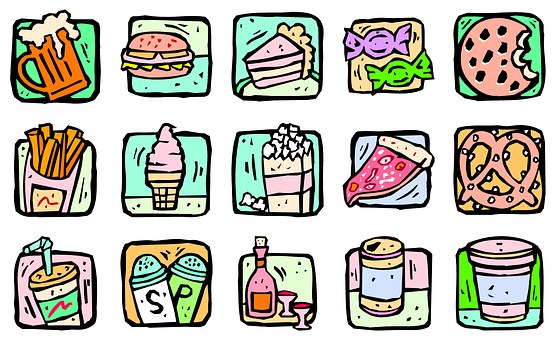Good & Bad Cholesterol
Cholesterol is not a disease but becomes a problem if your body gets overloaded with the bad cholesterol. 70-75% is manufactured by the cells in your liver while the rest comes from food. Those who follow plant-based diets don’t consume cholesterol. Blood cholesterol goes up when animal proteins are consumed. Alternately, it goes down when plant-based foods are consumed.
Cholesterol is an important component of cell walls and essential for the production of certain hormones. Your body makes all the cholesterol it needs and it binds with protein molecules in the bloodstream to form various types of lipoproteins:
- HDL (high-density lipoprotein): “Good cholesterol” is made in the liver for the body’s needs and brings the bad cholesterol back to the liver for processing to be expelled in the bile. A person’s HDL level is mostly genetic but negatively impacted by the consumption of saturated and trans fats in the diet.
- LDL (low-density lipoprotein): “Bad cholesterol” comes from saturated fat in animal foods and sticks to artery walls (atherosclerosis), eventually causing blockages that lead to heart disease, stroke and other cardiovascular disorders. Levels increase with consumption of saturated and trans fats.
- Triglycerides: these chemical compounds store fatty acids which are an essential source of energy for the body. But, these blood fats rise with alcohol intake, excess weight, a high sugar & fat diet and lack of exercise. Excess levels lead to heart disease, stroke, high blood pressure and diabetes.
- VLDL (very-low density lipoproteins): these molecules are necessary to transport triglycerides.
High consumption of saturated fats slow the liver’s ability to remove LDL cholesterol while unsaturated fats help remove LDL from the bloodstream. The body manufactures its own saturated fats for fuel and stores any excess as fat.
Reduce the Bad Cholesterol
- saturated fats found in meat, milk, fish, poultry and eggs: one egg contains almost an entire day’s recommendation allowance for cholesterol
Cholesterol Busters:
- Aged Garlic Extract helps reduce blood pressure
- Artichokes, chili peppers, rice bran and shiitake mushrooms
- 1 to 6 g of cinnamon extract per day reduces triglycerides, LDL & total cholesterol in people with Type 2 Diabetes
- consume water-soluble high fiber foods like apples, barley, beans, cabbage, carrots, grapefruits, legumes, oatmeal & phyllium seeds
- Fenugreek lowers cholesterol
- garlic lowers total serum and LPL cholesterol
- Phytosterols (high content in nuts) lower LDL & triglycerides
- sesame seeds & oil will lower LDL cholesterol
- soy & high fiber bran reduces bad cholesterol
- vegan diets can provide over 700 mg of phytosterols per day compared to an average diet of 150 – 450 mg per day


